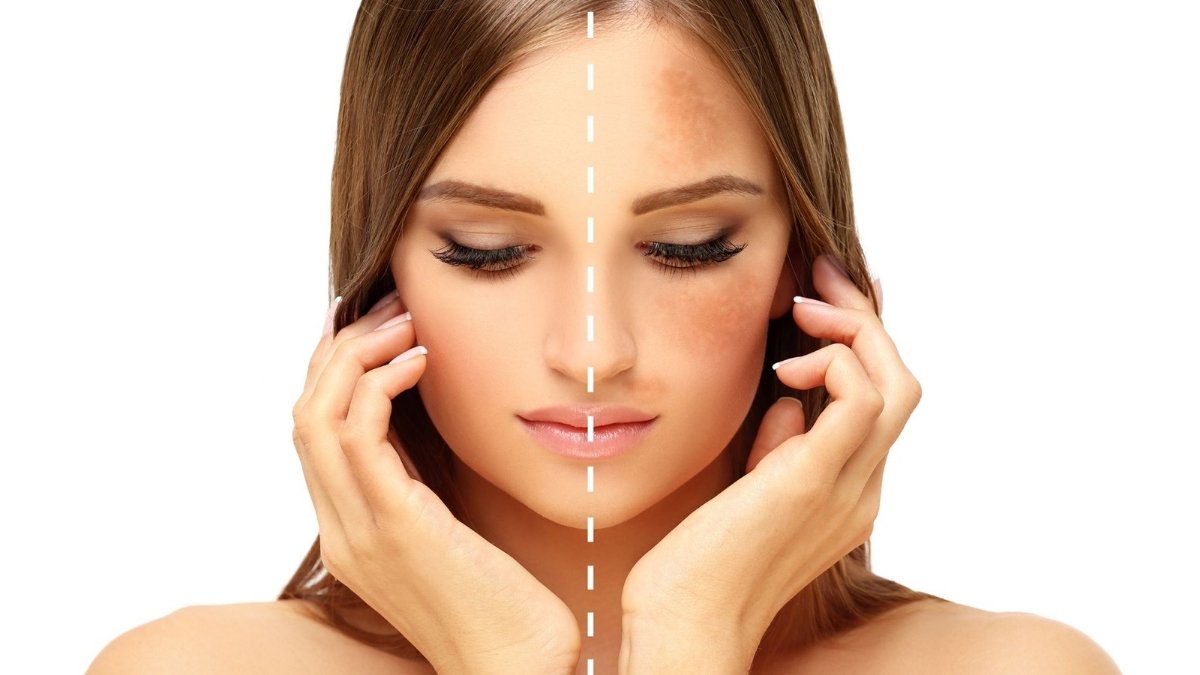
Discover 5 proven ways to treat hyperpigmentation, including skincare routines, dermatological treatments, and natural remedies. Say goodbye to dark spots with these expert-backed solutions.
1. Topical Retinoids for Hyperpigmentation Reduction
Topical retinoids, such as tretinoin and adapalene, are clinically proven to accelerate cell turnover and fade hyperpigmentation. These vitamin A derivatives target melanin accumulation by exfoliating the top layers of skin and promoting new skin formation. Over-the-counter options like retinol are milder, while prescription-strength formulas offer faster results. Dermatologists recommend using retinoids at night due to photosensitivity and always following up with sunscreen in the morning. It may take 8–12 weeks to see visible improvement, but consistency is key.
2. Chemical Peels to Treat Stubborn Pigmentation
Chemical peels containing glycolic acid, lactic acid, or salicylic acid can significantly reduce pigmentation by sloughing off damaged skin layers. AHA and BHA peels exfoliate dead skin cells, allowing newer, evenly toned skin to emerge. Light peels can be done at home with caution, but medium to deep peels should only be performed under dermatological supervision. Peels are especially effective for treating post-inflammatory hyperpigmentation (PIH) caused by acne or minor injuries. Patients should follow strict post-peel care, including hydration and sun protection.
3. Laser Therapy for Deep Hyperpigmentation Treatment
Laser therapy, such as Q-switched Nd:YAG or fractional CO2 lasers, offers targeted treatment for deep or persistent hyperpigmentation. These devices break down melanin deposits within the skin without damaging surrounding tissue. Laser treatments are particularly effective for melasma and sunspots and are often used when topical treatments fail. Multiple sessions may be required, and patients with darker skin tones should consult experienced dermatologists to reduce the risk of post-treatment pigmentation shifts. Sunscreen use before and after treatment is non-negotiable to maintain results.
4. Vitamin C Serums to Brighten Pigmented Skin
Vitamin C is a powerful antioxidant that inhibits tyrosinase, the enzyme responsible for melanin production. Regular application of a stable, high-concentration vitamin C serum (10% or higher) can gradually fade dark spots, even out skin tone, and protect against future pigmentation caused by UV damage. Look for products that contain L-ascorbic acid, ferulic acid, and vitamin E for enhanced effectiveness. Use the serum in the morning, followed by a broad-spectrum sunscreen to maximize its protective benefits.
5. Niacinamide and Licorice Extract as Safe Pigmentation Remedies
Niacinamide (vitamin B3) and licorice root extract are gentle yet effective ingredients for treating hyperpigmentation, especially for sensitive or reactive skin types. Niacinamide reduces the transfer of melanin to the skin’s surface and improves the skin’s barrier function. Licorice extract contains glabridin, which inhibits pigment production and soothes inflammation. Both ingredients are often found in serums and moisturizers formulated for daily use and can be layered with other actives like vitamin C or retinoids for compounded results.
Treating hyperpigmentation requires a personalized approach depending on the depth and cause of the pigmentation, skin type, and tolerance levels. Whether opting for topical treatments like retinoids and vitamin C, or professional solutions like peels and lasers, consistency, sun protection, and professional guidance remain crucial. For best results, consult a dermatologist before combining multiple treatments and maintain a dedicated skincare routine tailored to your pigmentation concerns.
